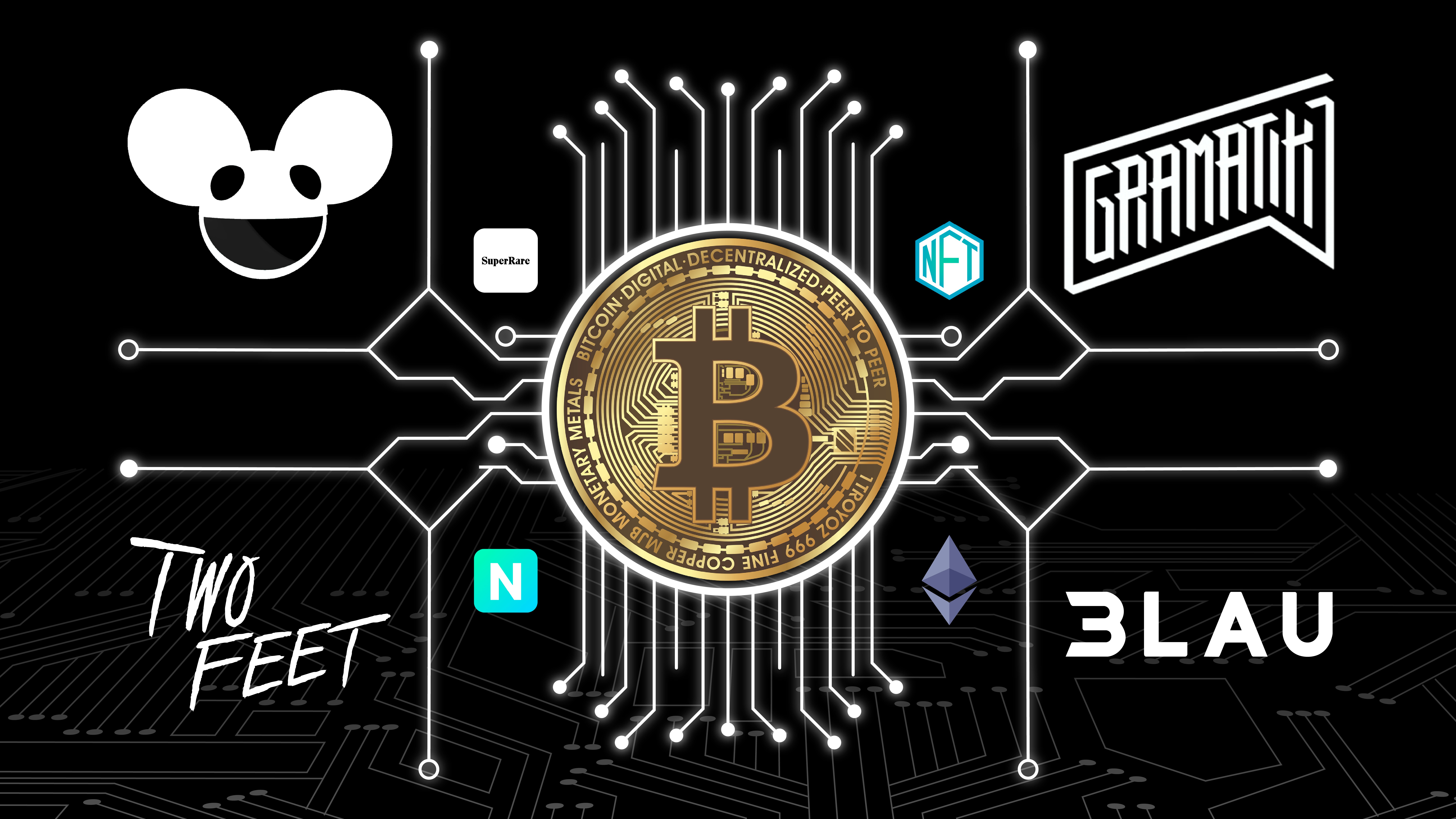
I just spotted a spoof story on The Onion which, if you’re not aware, is a humour website of news stories. Their latest one:
It made me laugh but, at the same time, made me think. Is bitcoin that bad for the planet? I constantly see headlines saying bitcoin will destroy Earth and generates more power usage than Moldova and Uruguay combined, or wherever. Is it true?
Well yes, it’s true today. When bitcoin first appeared you could mine a bitcoin in your kitchen with less power than your toaster. Today, you need a room of machines that drag more power than what’s needed to run a country. What?
Bloomberg wrote a good summary, underlining the core issue is proof-of-work versus proof-of-stake. The former requires an intensive mining using algorithms to release a coin that consumes hours and days of computer power; the latter only requires a proof that you are good for the money.
Bitcoin’s detractors say the energy-intensive “proof-of-work” system used to verify transactions on its digital ledger, or blockchain, was never designed to underpin what’s now a trillion-dollar asset. Backers of rival cryptocurrencies have seized on Bitcoin’s environmental impact as an argument to switch to lower-power alternatives. Many newer blockchains, like Solana and Cardano, use variations of “proof-of-stake,” an alternative process that consumes less electricity. Bitcoin rival Ethereum is expected to switch from “proof-of-work” to “proof-of-stake” in mid-2022, slashing its estimated energy consumption by as much as 99%.
So I confronted this issue head on with Brock Pierce, Chair of the Bitcoin Foundation, billionaire and friend. I’ve interviewed Brock for my new book, Digital for Good, and asked him head on.
Brock, there is an issue with proof- of- work however, in terms of energy usage and damage to the climate?
Brock: This is a conversation that keeps coming up, based on the amount of power that is being consumed and the way that the Bitcoin proof-of-work model functions. As you bring electricity into Bitcoin, you need to have access to very low-cost energy. The place that provides the lowest cost energy right now is hydroelectricity, geothermal and similar energy sources, and so anything that is driving investment into renewal energy in the long term is a good thing.
Just because cars are bad for the world doesn’t mean that we are going back to the horse and carriage, so I’m not convinced that the consumption of energy in the case of Bitcoin will be a long-term problem. It’s a short-term problem. In fact, it’s a short-term problem for the whole world which is: how do we produce our electricity?
We have twenty-first century problems, but, fortunately, we also have twenty-first century solutions. The only way we are going to get out of this mess is through innovation. Bitcoin’s value is the trillions of dollars of wealth that has been created through this emerging industry. It is ultimately going to drive great energy into renewables.
Long- term, I am not convinced that the energy issue is still going to be a problem. We are moving away from fossil fuels, as a way of power generation, to a way that is more renewable. Anything that accelerates that is probably a good thing in the long run. I can’t say that I’m certain, because I don’t have a crystal ball, but that is my belief.
In other words, there are two extreme views. One is that bitcoin is destroying planet Earth because of its energy usage for mining; the other is that the issues bitcoin has created will be solved, as humans always solve everything that’s an issue.
Which is your view?
Or … should we ask a different question. That question, which is more fundamental, is whether bitcoin is sustainable? Not just sustainable in terms of energy, but sustainable as a currency. Will bitcoin still be here in twenty years? Will cardano or solana have replaced it? Or will it be Ethereum?
Do you have a view?
Do you understand that things are changing?
Do you see the whole financial world is being reinvented by the network?
#justwondering
Chris M Skinner
Chris Skinner is best known as an independent commentator on the financial markets through his blog, TheFinanser.com, as author of the bestselling book Digital Bank, and Chair of the European networking forum the Financial Services Club. He has been voted one of the most influential people in banking by The Financial Brand (as well as one of the best blogs), a FinTech Titan (Next Bank), one of the Fintech Leaders you need to follow (City AM, Deluxe and Jax Finance), as well as one of the Top 40 most influential people in financial technology by the Wall Street Journal's Financial News. To learn more click here...

